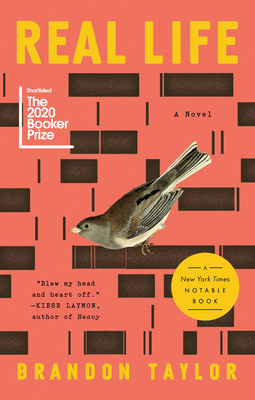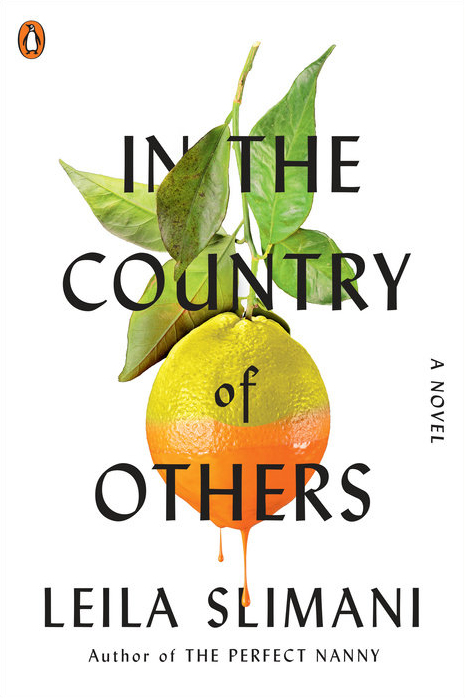Almost from the beginning of this novel, I was struck by how morose it seemed. Yet I couldn’t quite figure out why it seemed so much more dour than novels with similar stories, like A Little Life or Shuggie Bain. Both of the main characters in these novels are White, while Wallace, the main character of Real Life, is Black, but is that the difference? It doesn’t seem like it should be.
Wallace is the only Black student in a graduate biochemistry program at an unnamed Midwestern university that is probably the University of Wisconsin at Madison. He has been having problems in his program. His supervising professor, Simone, seems to disapprove of him, and he has been blamed for the carelessness of another student, Dana. Simone seems to think Dana is a star. Later in the novel, Dana makes a racist remark to him and then reports him as being a misogynist.
Wallace and his fellow graduate students seem to be working toward their degrees expecting real life to begin once they get them. Wallace, though, is considering how much he wishes to continue despite knowing the degree is his best chance to succeed, as a Black queer man from a poor family.
Wallace has a group of friends he hangs out with, but they are all White and he doesn’t really feel he fits in with them. He is attracted to Miller but doesn’t even know if Miller likes him.
This novel minutely documents a few days in Wallace’s life. The writing is detailed, whether describing Wallace’s experiment, which has been contaminated, perhaps intentionally by Dana, or a character’s eating habits, or a gay sex scene. Wallace faces quite a few slights and insults in just three days, but he doesn’t really defend himself or point them out. He feels he is trying to fit in, but he keeps himself removed from everything, including his friends, by always saying everything is fine, even when it’s clearly not. I felt frustrated several times by his refusal to tell his side of the story or stand up for himself.
I also didn’t understand the violence in his eventual sexual relationship with Miller (who insists he is not gay). In fact, I often didn’t understand characters’ interactions with each other.
Although I believe this novel ended on a slightly more positive note (or did it? it was certainly ironic), it seemed in some ways that Wallace makes things more difficult for himself. Also, although he certainly faces incidents of racism, he also often makes broad judgments about White people, including his friends. I personally also do not enjoy explicit sex scenes, but that’s just me. I read this novel for my Booker Prize project.


